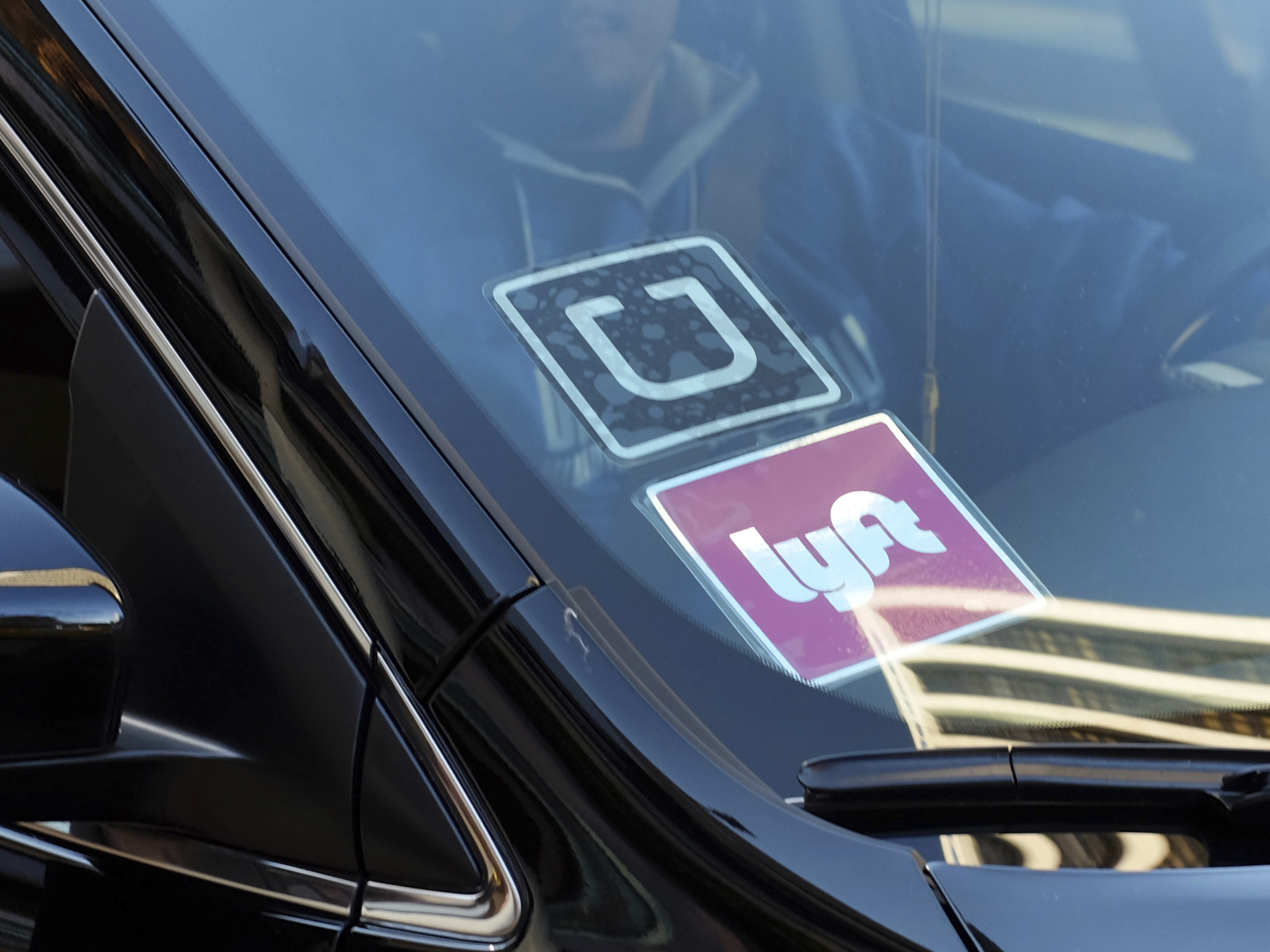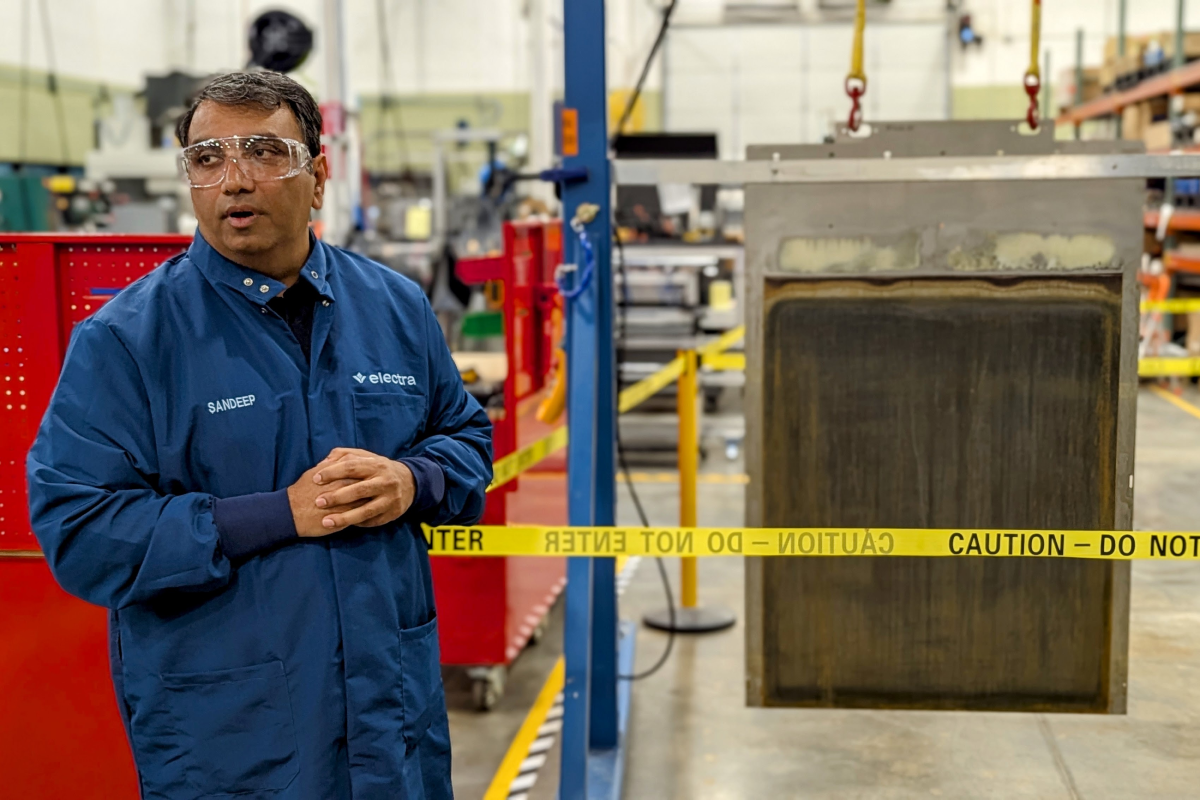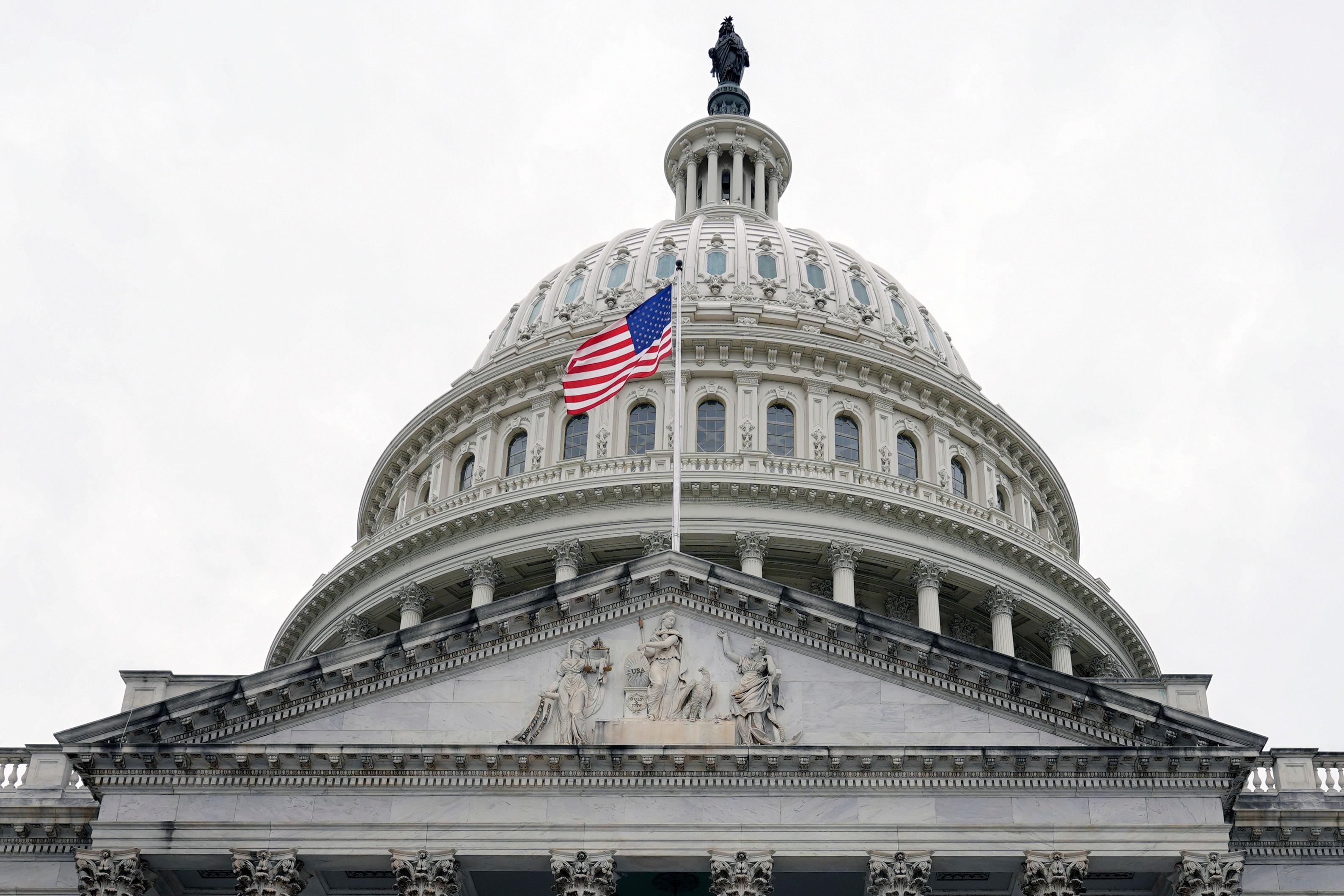
Updated 10:22 p.m., April 3, 2025: House Bill 1291 passed its first hearing on a bipartisan, 11-2, vote Thursday evening.
Drivers for companies like Uber and Lyft would be required to continuously record video and audio throughout every ride under a passenger safety bill that gets its first hearing at the State Capitol Thursday.
The requirement is one of several proposed changes to the Transportation Company Consumer Protection Act that will be proposed at the public hearing. Sponsors say the hope is that the recordings will help rideshare companies verify drivers’ identities while they’re working and provide evidence to investigate passenger complaints.
“People get into an Uber or Lyft and they think that they're going to be safe, and they expect that these companies have vetted the drivers. And the reality is they don't do a very good job of vetting the drivers," said Democratic Rep. Jenny Willford of Northglenn, a main sponsor.
The bill requires rideshare companies to pay for, and install, the recording systems. It also bans drivers from offering their riders food or drink.
Willford made some significant changes to the bill ahead of the first hearing, in part to strengthen it and in response to stakeholders, she said. The original legislation would have let drivers or passengers opt out of the continuous recording. But supporters worried too many drivers would have chosen to leave their cameras off.
“I think if people know that there's live audio and there's video as well, then they're going to make better choices about how they act and the things that they say. And I think that creates a safer environment for everyone,” said Willford.

Passenger safety is a personal issue for Willford. Earlier this year she revealed that she had been sexually assaulted by a Lyft driver in front of her home after a night out with friends. She is currently suing the company to try to force it to do more to its users from predatory drivers.
“It’s unfortunate what happened to me happened, and it’s something I have to live with. But I also think if I’m able to use the pain I’m going through to make sure other people don’t have to go through this, that’s a win for everybody,” she said.
Willford said the man who assaulted her was using a driver profile registered under a different name and that Lyft’s current safety protocols were inadequate to catch the deception. The man hasn’t been arrested, and Willford’s case is part of the sexual assault evidence testing backlog at the state lab.
Willford told CPR News she did have to remove one key provision from the passenger safety bill because of budget issues. Originally she wanted drivers to undergo fingerprint-based background checks — which she said are more thorough and harder to evade.
But she said the money the state would collect to process those checks would count against Colorado's constitutional limit on budget growth.
“Which puts pressure on our general fund and how much we're able to retain via the state budget. And so unfortunately we had to take that piece out because it's going to tremendously impact the budget.”
Lyft opposed requiring the finger-print based background checks, arguing they are unreliable, incomplete and discriminatory against minority communities.
In an earlier statement to CPR News, the company said, "Safety is fundamental to Lyft, which is why we've worked to design policies and features that help protect both drivers and riders.”
The company said it has a dedicated, around-the-clock safety response team and partners with the security firm ADT to aid in emergencies, as well as also having ongoing background check procedures.
“We are always striving to improve safety and look forward to engaging lawmakers further on this important issue," the statement read.
According to the company, potential drivers are currently screened for criminal offenses and driving incidents by a third party.
Lobbying disclosures show that Uber opposes the bill, as do the ACLU of Colorado and the Colorado Competitive Council, a business group. Supporters include the AARP and the Colorado Women’s Bar Association.
If her bill passes, Willford said it would be the most stringent of its kind in the nation, although elements of it have been implemented in other areas.








